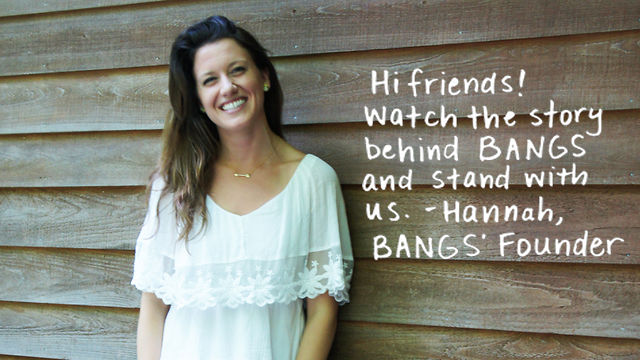Mark Abraham, executive director of DataHaven in New Haven, looks into the recesses of various topics for clients on subjects relevant to business, government and social agendas.
NEW HAVEN >> To Mark Abraham, executive director of DataHaven, data is not simply information.
DataHaven has been indispensable to other nonprofits, such as the Community Foundation for Greater New Haven and Yale New Haven Health, say officials at those agencies. Whether it’s the Greater New Haven Community Index, first issued in 2013 with an update coming out this summer, or the Community Wellbeing Survey, Abraham’s group of five staffers sifts through the ever-growing wealth of information to present a picture of Connecticut and Greater New Haven that’s unavailable elsewhere.
“The problem isn’t a lack of data; it’s knowing what data to use,” Abraham said.
“We get requests from researchers, community groups, nonprofits in the New Haven area, and we’re able to write back and point them in the right direction or provide simple analysis,” he said.
The Community Foundation sees DataHaven as “our community knowledge partner,” said Christina Ciociola, senior vice president for grant-making and strategy. The foundation uses DataHaven’s information to help determine how best to support those who work for the greater good in the New Haven area.
Among the community survey’s conclusions: “Connecticut’s poor regardless of race believe government is less responsive to residents’ needs; that they have less access to goods and services, have less faith in police, have fewer chances to obtain suitable employment, have a lesser opinion of the condition of public parks and facilities; play less of a role in government decision making; show less tendency to remain in their communities long-term; believe that their neighborhoods are less safe; have less trust of their neighbors; lack positive role models; are more likely to be in poor health; enjoy less overall life satisfaction; experience less happiness and more anxiety; and have higher rates of obese and overweight residents, lower rates of health insurance and higher rates of smoking.”
On the Community Wellbeing Survey, there are three broad areas “that most affect well-being,” Abraham said. and including New Haven, you’ve got a 20-year gap in life expectancy between the most poor neighborhoods and the most well-resourced neighborhoods,” Abraham said.
“The third area that most impacts people’s happiness is basically economic opportunity, basic needs,” Abraham said.
DataHaven began as a project called New Haven Maps, which showed, block by block, factors such as affordable housing, community gardens and infant mortality. Now, its statistics on teenagers, for example, can be shared with the “10 or 20 organizations” that “probably just have data on the 100 or so teenagers they serve at a given time,” Abraham said.
Augusta Mueller, manager of community benefits for Yale New Haven Health, which operates Yale-New Haven, Bridgeport and Greenwich hospitals, said DataHaven conducted an unprecedented survey that included six competing hospitals in Fairfield County, as well as others across the state.
Mueller said Yale New Haven Health is using the Community Wellbeing Survey, which it helped to underwrite, to look at health statistics in the 13 towns and cities that the organization focuses on.
“I just think that data in the DataHaven survey is wonderful,” Mueller said.
Penny Canny, chairwoman of DataHaven’s board and former senior vice president of the Community Foundation, said Abraham brings talents to the organization that many experts in data collection and curation lack. “I love it that Mark is part of the next generation that generation that cares a lot about making New Haven a great place to live and doing the work of making it happen.”
“I would say that DataHaven, particularly Mark Abraham himself as the leader of DataHaven, has been invaluable to the Community Foundation and to the nonprofit sector,” said Ciociola.
She said the survey on immigration revealed that “17 percent of the population in New Haven is foreign born.
DataHaven also has done surveys for the Greater New Haven Branch of the NAACP and the Valley Community Foundation.
